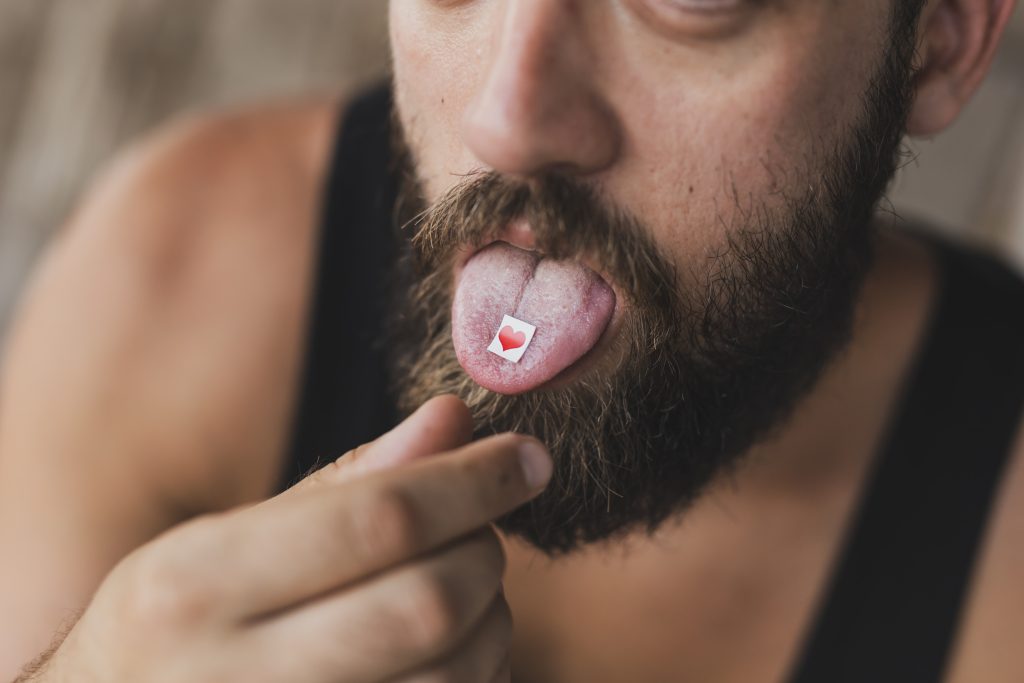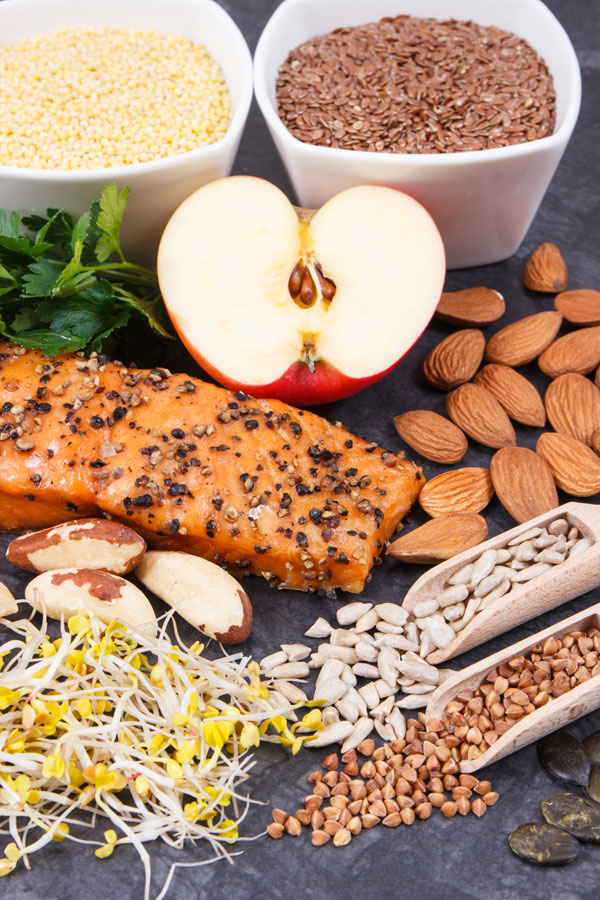How Pulsed Electromagnetic Fields Heal
It takes active effort to maintain healthy cells. It is not only possible but also vital to actively maintain our cells on a daily basis in order to delay aging and lower the likelihood of cell malfunction. Because of this, we are only as healthy as our cells. Unnoticed cell malfunction that is not treated right away might cause illness. Pulsed electromagnetic fields allow for daily fine-tuning in only a few minutes (PEMFs). PEMF treatments, administered either alone or in conjunction with other therapies, may often help cells rectify dysfunction quicker when there is a known imbalance (when symptoms are evident) or when there is a recognized sickness or condition.
PEMFs help to:
- Lessen discomfort, inflammation, the body’s reaction to stress, and platelet adhesion.
- Enhance your body’s capacity for cell regeneration, cellular cleansing, blood and tissue oxygenation, sleep, energy, blood pressure, and cholesterol levels.
- Relax

Since many years ago, PEMF devices like Omnium1 of iMRS 2000 have been widely employed in a variety of medical fields and illnesses, with positive outcomes in both people and animals. Research into PEMFs is a top priority for the National Institutes of Health. Ask your doctor about pulsed electromagnetic field treatment, for example, by visiting The FDA has previously authorized a large number of PEMF devices. some particularly to treat depression, the healing of wounds, the pain and tissue swelling, and the fusion of shattered bones. By a number of standards and organizations, the majority of therapeutic PEMF devices are regarded as safe.
Why do PEMFs function the way they do?
Everything is energy, as science tells us. Energy is constantly dynamic and as a result has a frequency; it may vary, for instance, at the very least, by the second or minute.
Electromagnetic energy underlies all energy. Electromagnetic fields are produced by every atom, molecule, and cell (EMFs). The bioelectromagnetic fields produced by each organ in the body are unique to that organ. Science has shown that our bodies truly emit their own magnetic fields and that all 70 trillion of our cells communicate with one another via electromagnetic waves. Without an electromagnetic exchange, nothing occurs in the body. Life ends when a body’s electromagnetic activity is no longer present.
Chemistry is governed by physics, namely electromagnetic energy. In turn, this affects how tissues work. No matter what the original source, interference with electromagnetic radiation leads to decreased cell metabolism. This may occur at any stage of the illness process.
PEMFs work to restore the chemistry of cells that have been damaged, which enhances health. The cells get good, health-improving EMFs and frequencies from PEMFs. Even the lowest low frequency PEMFs penetrate every cell, tissue, organ, and bone without being absorbed or changed, and they do this without even causing a slightest change to the body! Most of the tissues’ electrical and chemical activities are stimulated as they pass through. Therapeutic PEMFs are especially made to boost cellular energy in a way that improves cellular health and function.
The frequency, waveform, intensity, and kinds of stimulators of PEMF-producing devices differ in a number of significant ways. Frequencies may be high, medium, or low; they can also be simple or complicated. Additionally, intensity might range from high to low.
There isn’t a solution that “fits all” circumstances. Depending on the issue or condition, most PEMF devices may be helpful to varied degrees, but choosing the incorrect one might have unfavorable effects. Due to the complexity of the human body, PEMFs are the best tools for getting effective outcomes without requiring a wide range of therapies.












